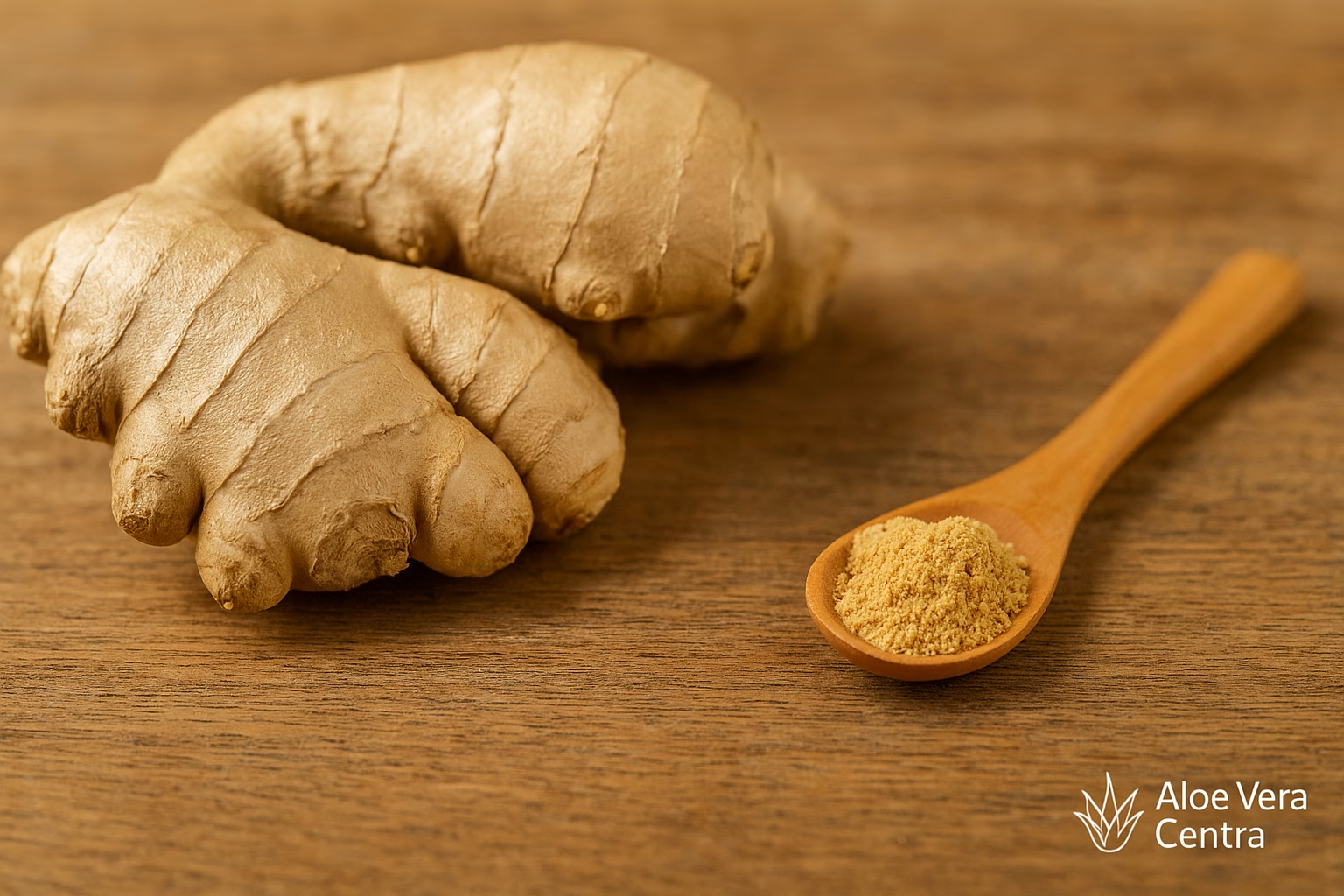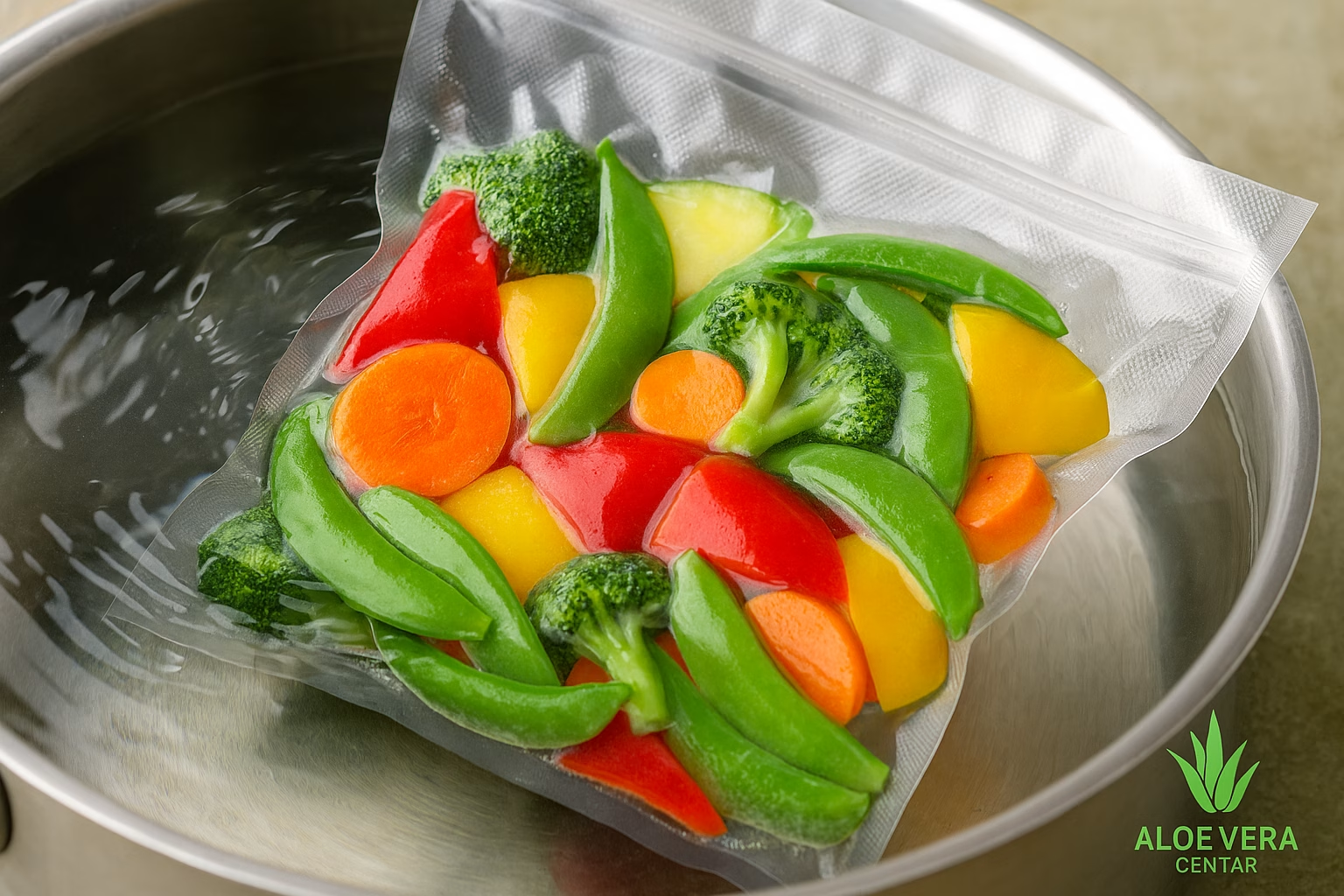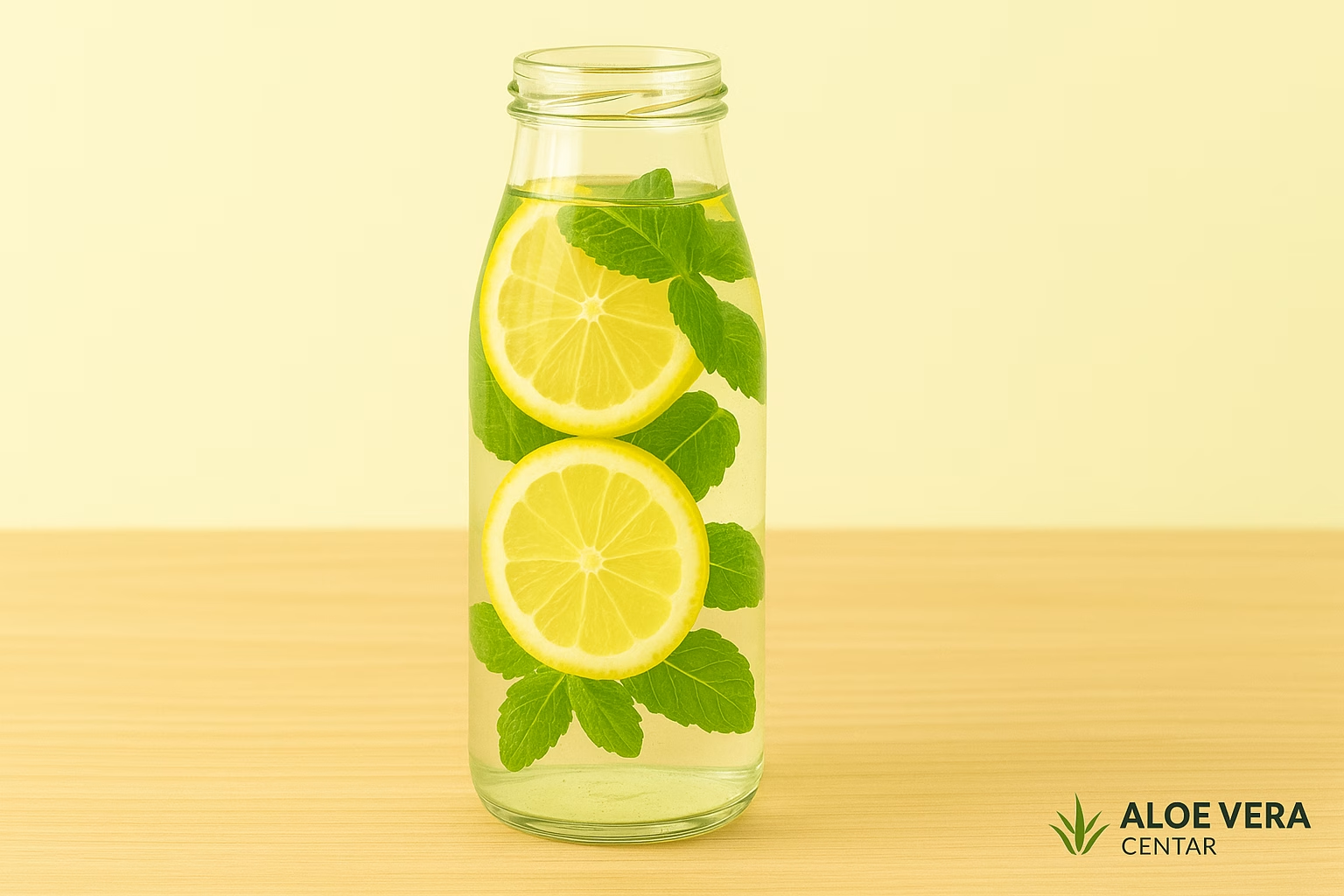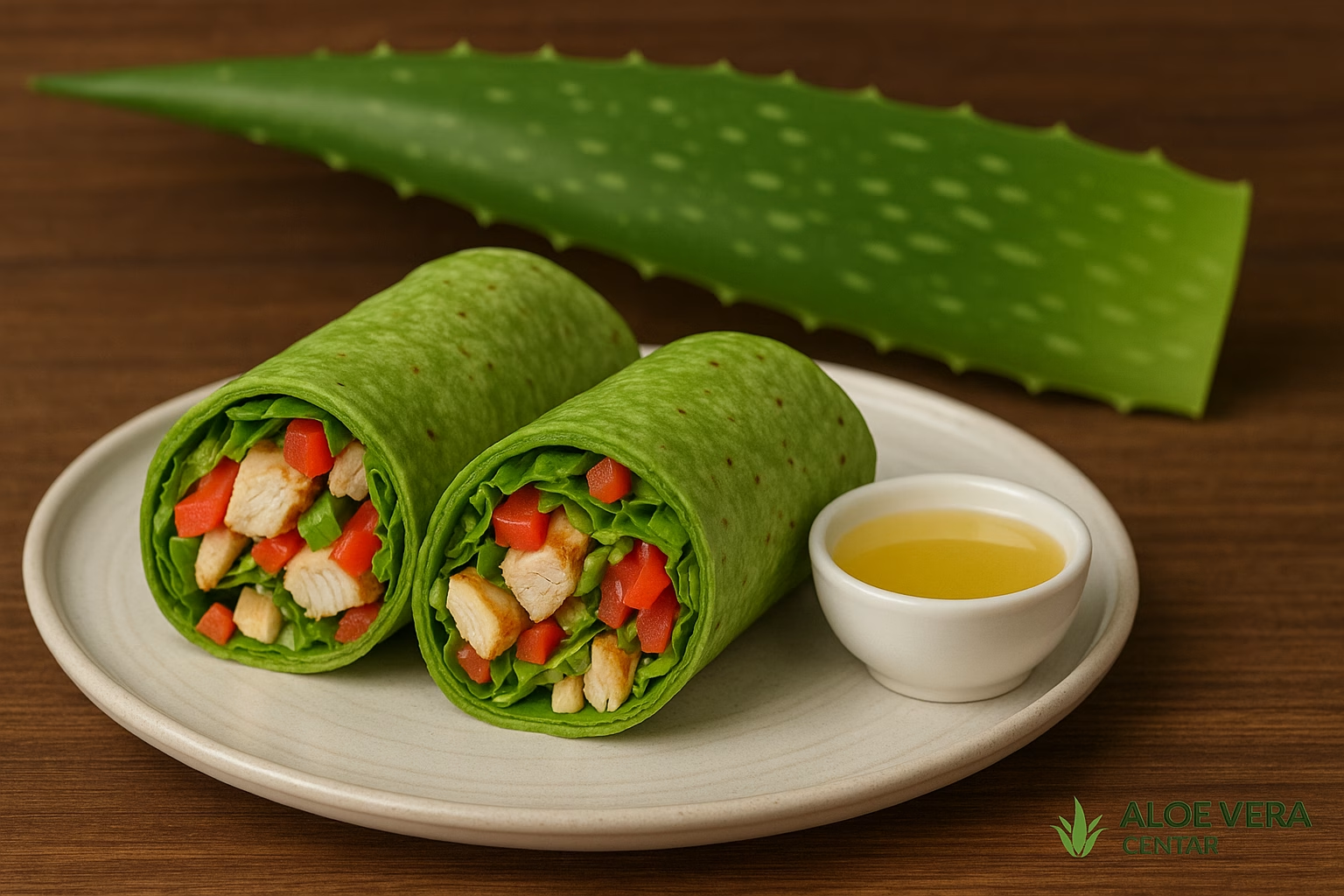
Healthy dinners for late arrivals – quick and nutritious recipes
Healthy dinners when you come home late from work: quick and nutritious recipes
Healthy dinners become especially challenging when we get home from work late, exhausted, and in no mood to cook. It’s easy to reach for fast food, snacks, or “skipping” meals. Fortunately, there are many delicious yet simple ways to prepare a quality evening meal without spending too much time. Below, we’ll explore why it’s important to eat dinner regularly, how it helps us maintain energy and weight, and what are some specific suggestions for quick, healthy recipes that you can prepare within 10 to 30 minutes. We’ll also touch on useful tips for meal planning, list a few tricks that can save you time, and mention some nutritional supplements that can help you maintain your overall health. If you recognize yourself in the ‘coming home late’ scenario, keep reading!
Why not skip dinner?
When we come home late from work, fatigue and lack of time are common reasons for skipping dinner altogether or choosing an unhealthy meal “too quickly” (like snacks, pastries or sweets). However, skipping dinner can lead to the following problems:
- Uneven nutrient intake: During the workday, we often eat on the go, in a hurry, or irregularly. This leaves the body lacking essential vitamins, minerals, and proteins that are important for regeneration. Regular meals help replenish these reserves.
- Blood sugar crash: If you eat your last full meal in the early afternoon, you may experience a sharp drop in energy, irritability, and even hunger before bed by evening, leading to nighttime “attacks” on the refrigerator.
- Increased risk of overeating: Skipping dinner doesn’t usually result in lower total daily calorie intake, but it more often leads to late, unhealthy snacking. Such “catch-up” can disrupt sleep and cause digestive upset.
That’s why dinner is an important meal that needs to be carefully planned, especially if we’re trying to keep our shape and mood stable.
How to organize a late dinner?
If you know you’ll often be staying late at work, planning is key. Even if you have a very busy schedule, you can prepare in advance:
1. Create a weekly meal plan
Planning your menu for the entire week will save you a lot of time and stress. For example, on Sunday you can already think about what you will eat for dinner for the next five days. Write down a list of the necessary ingredients and buy them in advance. This way you will avoid trips to the grocery store after a hard day at work. For tips on organizing your kitchen and acquiring healthy habits, see the article How to maintain healthy habits in a fast-paced life on our portal.
2. Prepare food in advance
If you can, take the time to prep and clean your food the day before – for example, wash and chop vegetables, cut meat into smaller portions, cook whole grains (like rice or quinoa) in advance and store them in containers in the refrigerator. This will cut down on your evening cooking time and make your life easier.
3. Smart plate stacking
A healthy dinner should include:
- Proteins (fish, chicken, turkey, eggs, legumes, cheese, tofu)
- More complex carbohydrates (whole grains, sweet potatoes, quinoa) or more vegetables when it’s later in the day
- Healthy fats (olive oil, avocado, nuts, olives, chia seeds)
- Vegetables (fresh or steamed), which will provide fiber and micronutrients
This way, you achieve satiety and a stable energy level without “burdening yourself” with empty calories.
Quick and healthy recipes (10-30 minutes)
Below are a few examples of dishes that you can prepare very quickly, with minimal involvement. These suggestions balance protein, carbohydrates, and fiber while still being delicious.
1. Whole wheat tortilla with chicken and vegetables (15-20 min)
- Prepare the chicken: Cut the chicken breasts into small pieces. Fry them in a pan with olive oil, pepper and a little salt. Add spices such as garlic, turmeric or paprika if desired.
- Vegetables: Chop tomatoes, lettuce, peppers, or other favorite vegetables. You can also use a frozen vegetable mix that you just briefly heat in a pan.
- Tortilla: Heat a whole-wheat tortilla in a dry pan, add chicken and vegetables and, if desired, a little grated cheese, yogurt or avocado.
**Tip:** If you don’t have tortillas, you can make a similar dish as a “salad in a bowl” and serve with whole grain bread.
2. Quick whole wheat pasta with tuna and cherry tomatoes (15 min)
- Pasta: Cook whole wheat pasta (penne, fusilli) for 8-10 minutes, depending on the instructions.
- Sauce: While the pasta is cooking, sauté the chopped onion and garlic in a little olive oil, add a can of tuna (drained), halved cherry tomatoes, and a little oregano.
- Final step: Drain the cooked pasta, mix it with the tuna and tomatoes. If desired, add basil, olives and a few drops of lemon juice.
**Tip:** For extra lightness, you can throw in a handful of fresh spinach at the last minute – it won’t require longer cooking, and you’ll get an extra dose of iron and other nutrients.
3. Lentil and vegetable soup (20-25 min)
- Lentils: Use red or brown lentils. Red lentils cook faster, which saves you time. You can soak them first, but it’s not necessary.
- Vegetables: Carrots, onions, peppers, celery – chop everything into smaller pieces.
- Cooking: Sauté the onion and carrot in a little olive oil, then add the washed lentils and pour in vegetable stock or water. Add other spices (cumin, turmeric, pepper) and cook until the lentils are tender.
**Tip:** You can make a large batch of this soup and store it in the refrigerator for later meals. Most stews and soups will keep just fine for up to three days.
4. Omelette with spinach and mushrooms (10-15 min)
- Preparation: In a pan with a little olive oil, add the sliced mushrooms (champignons or oyster mushrooms) and sauté briefly. Add a handful of fresh or frozen spinach.
- Omelette: Lightly beat 2-3 eggs, season with salt and pepper. Pour over the mushrooms and spinach, let the bottom layer brown, then gently fold over.
**Tip:** For extra flavor, you can sprinkle some grated cheese (gouda, mozzarella) towards the end of baking. Serve with wholemeal bread and a fresh vegetable salad for a delicious, light meal.
5. Rice with vegetables and shrimp (20-25 min)
- Rice: For a quick version, you can use integral basmati rice or brown rice (if you soak it beforehand, it will cook faster), and you can also cook a larger amount of rice the day before.
- Vegetables: A combination of carrots, zucchini, peppers, and onions is ideal for this type of “mixed” dinner. Chop the vegetables into cubes.
- Shrimp: If you have frozen shrimp, just thaw them briefly under lukewarm water. Put a little olive oil in a pan, season the shrimp with garlic and parsley, and add them to the vegetables when they are half cooked.
- Final step: Mix the cooked rice with the vegetables and shrimp, add soy sauce or a little lemon juice. Sprinkle with fresh herbs if desired.
**Tip:** Instead of shrimp, you can use finely chopped chicken or tofu.
What kind of dinner should you choose depending on your schedule?
If you know you won’t be home until around 8 p.m., you may be worried about whether a heavy meal will interfere with your sleep. As a general rule, it’s ideal to eat dinner 2-3 hours before bedtime. However, if that’s not feasible, adjust the type and size of your meal:
- A richer dinner (around 6-7 p.m.): If you do arrive a little earlier, you can afford a more complete meal with a source of complex carbohydrates (whole-grain rice, pasta, potatoes). Since you still have plenty of time before bedtime, this won’t put too much strain on your digestion.
- Light meal (around 8-9 p.m. or later): In this case, emphasize proteins and vegetables, and reduce the amount of heavy side dishes or fats. Omelet, fish fillet with salad or vegetable stew can be good choices.
If you often go through periods of reduced cooking time and need support in regulating your weight, we also recommend reading the article Clean 9 (C9) program , where you can learn more about detoxification and meal planning.
What if we don’t even have 10 minutes to cook?
Although it’s hard to imagine a situation without at least ten minutes, there are “ready-made” options that are still relatively healthy. One option is:
- Store-bought ready-made salad: Already washed and chopped salad in a bag, with the addition of cheese, tuna or boiled eggs. You can add a can of chickpeas or beans.
- Protein shake or smoothie: Using protein powder (e.g. whey, plant-based protein) and some frozen fruit, make a quick meal in a blender. Add some vegetables (spinach or kale), a spoonful of oatmeal or chia seeds for satiety.
- Whole grain bread with spread and vegetables: Choose hummus, low-fat cheese or avocado spread, add cucumber slices, tomato and a little olive oil.
Although we can’t call this a “full meal”, a quick meal like this is better than starving or reaching for baked goods full of trans-fats.
The role of dietary supplements in promoting better health
The fast pace of life often means that we don’t always have time to eat properly. In this context, some dietary supplements can fill the “holes” in our diet and support our body:
Forever Arctic Sea
If you don’t eat enough fish, Forever Arctic Sea can help you get the omega-3 fatty acids you need. They can contribute to normal heart and brain function, and also reduce inflammation in the body.
Forever Aloe Vera Gel
Drinking Forever Aloe Vera Gel can support healthy digestion and provide the body with valuable nutrients. For some people, regular consumption of aloe vera helps reduce bloating and a feeling of heaviness in the abdomen.
Forever Lean or Forever Garcinia Plus
If you’re trying to control your weight, some users mention Forever Lean or Forever Garcinia Plus as supplements that can help regulate appetite and fat metabolism. While they’re not a substitute for a proper diet, they can be helpful during times when you don’t have time to plan your meals carefully.
You can find all of the above products in the official Forever store , where you can get a 15% discount on selected items and thus provide additional support for your body in the “race against time”.
Tricks to save time in the kitchen
Here are some useful tips to shorten the process of preparing a late dinner and avoid stress:
- Use the freezer: Frozen vegetables (cauliflower, broccoli, Mexican mix) or frozen fish can greatly speed up cooking. They often don’t need to be defrosted; a shorter cooking time is sufficient.
- Cook in larger quantities: If you already cook rice or pasta today, prepare a double portion. The next day, just add fresh vegetables or another source of protein.
- Buy pre-cleaned and pre-cut foods: They are sometimes a little more expensive, but they can save you precious minutes.
- Take advantage of “one-pot” concepts: Dishes like “one-pot pasta” or “roasting meat and vegetables in the same pan” reduce the number of dishes you have to wash.
- Good knife and equipment: A quality knife, cutting board, and possibly a chopper or blender can save a lot of time when chopping or mixing.
How to avoid late-night hunger pangs?
After a late dinner, you may still feel “not full enough” or, an hour or two later, you may crave something sweet. Here are some tips to minimize this:
- Choose meals with enough protein and fiber – They provide a longer feeling of satiety than “empty” carbohydrates.
- Drink plenty of fluids – Dehydration is often mistaken for hunger, so even though it’s dinnertime, you may crave snacks. A glass of water before bed helps control your appetite.
- Reduce your sugar and alcohol intake – Sugar and alcohol can cause a sudden increase and then a drop in blood glucose, which after a short time creates a feeling of hunger.
- Limit large portions – Eating too much late at night can disrupt your sleep. Instead, divide your food into smaller, balanced portions.
Impact on sleep and what to choose if you train
A late-night meal can affect sleep quality, especially if it’s heavy and fatty. If you exercise after work or have nighttime workouts, definitely consider combining a “lighter” meal before your workout with a quality protein meal afterward. For example:
- Before training: A banana, oatmeal with fruit or a protein shake can provide energy without weight in the stomach.
- After training: The goal is to consume protein for muscle recovery (fish, chicken, turkey, cottage cheese, tofu) and a moderate amount of carbohydrates.
If you train right before bed, choose easily digestible proteins and avoid excessively fatty foods. A good egg white omelet and vegetables in olive oil can be a practical solution.
FAQ – Frequently asked questions about healthy late dinners
1. Will I gain weight if I eat late at night?
Not necessarily. The primary thing is the total daily caloric intake and the quality of the food. If you do not exceed the body’s needs in total, and the dinner is balanced, a late meal in itself will not cause weight gain. However, be careful about the portion size and the selection of healthy foods.
2. What is the best food for better sleep?
Some foods contain tryptophan or magnesium, which promote relaxation, such as turkey, almonds, bananas, chamomile, etc. If you eat late, try choosing lighter foods rich in protein and complex carbohydrates, such as a spinach omelet or oatmeal with yogurt.
3. Can I prepare meals for the whole week and eat them every night?
Yes, meal prep is a great time-saving solution. However, make sure that you use foods that keep well in the refrigerator (chicken, fish, cooked vegetables) and that you consume them within the recommended shelf life (usually up to three days). For longer storage periods, you can also freeze them.
4. Is it good to drink milk or yogurt late at night?
Milk or yogurt can be a good choice as they contain slow-release protein (casein) that can help repair tissue overnight. However, if you are lactose intolerant or find dairy products bloat-inducing, choose fermented or plant-based options (e.g., coconut or almond yogurt).
Conclusion: Healthy dinners are possible, even late
Whether you’re working late or busy with other commitments, you don’t have to neglect a quality meal when the sun goes down. With a little planning, smart food choices, and practical tricks, you can whip up quick, nutritious dinners that won’t tax your digestive system. This will help keep your energy levels steady, help you manage your weight, and help you maintain your long-term health.
If you’re interested in additional support in achieving or maintaining a healthy weight, explore the official Forever store , where you can get 15% off a variety of natural supplements, like Forever Lean or Forever Arctic Sea , that can fit into your lifestyle. Remember, balance is key: a healthy meal, enough sleep, some exercise and good organization make the perfect recipe for success!
**This content is not a substitute for professional medical advice. If you have special dietary needs or health restrictions, always consult a nutritionist or physician.**








